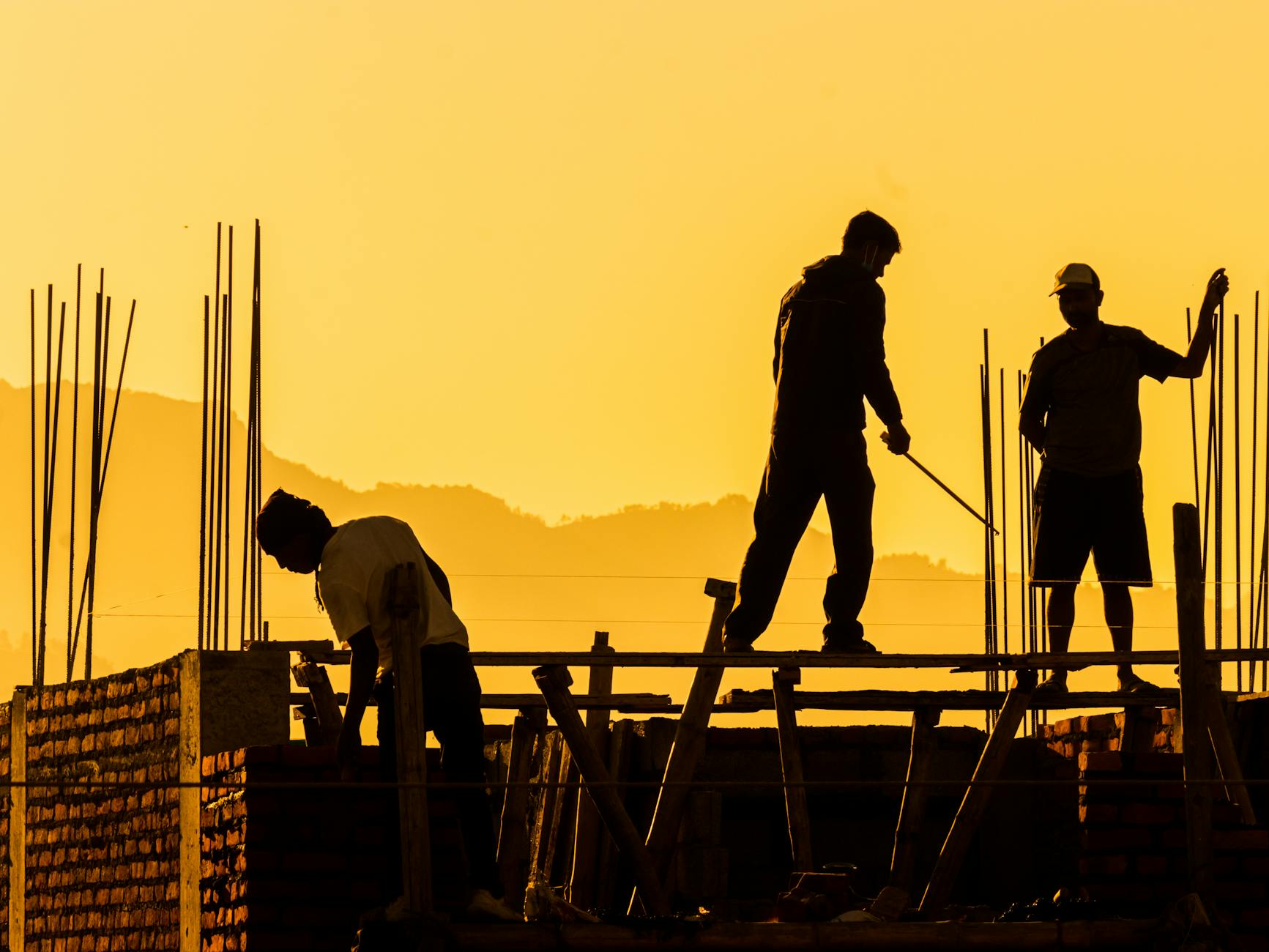
Labor Day
Labor Day, an annual holiday observed in many countries, holds profound significance as a tribute to the contributions of workers. Originating in the labor movement of the late 19th century, it has evolved into a day of rest, appreciation, and reflection on labor rights and conditions. Let’s delve into the essence of Labor Day, its traditions, global observance, impact on workers, and its broader cultural implications.
Introduction to Labor Day
What is Labor Day?
Labor Day, typically celebrated on the first Monday of September in the United States, is a public holiday honoring the American labor movement and the contributions of workers to the development and achievements of the nation. It serves as a tribute to the social and economic achievements of American workers.
Historical Background
The origins of Labor Day trace back to the late 19th century when the labor movement fought for better working conditions, fair wages, and shorter workdays. The idea of a day dedicated to workers gained momentum, leading to the first observance of Labor Day on September 5, 1882, in New York City.
The Significance of Labor Day
Recognition of Workers’ Contributions
Labor Day symbolizes the hard work and dedication of workers across various industries, from manufacturing and construction to healthcare and education. It highlights the invaluable contributions of laborers to the prosperity and progress of society.
Celebration of the Labor Movement
Labor Day is a testament to the achievements of the labor movement, including the establishment of labor unions, advocacy for workplace rights, and the implementation of labor laws aimed at ensuring fair treatment and safety standards for workers.
Labor Day Traditions and Activities
Parades and Marches
One of the enduring traditions of Labor Day is the staging of parades and marches in cities and towns across the country. These events showcase solidarity among workers and serve as platforms for advocating labor rights and social justice.
Barbecues and Picnics
Labor Day weekend is often associated with outdoor gatherings, barbecues, and picnics, where families and friends come together to enjoy food, music, and recreational activities, marking the end of summer.
Shopping Sales
Retailers often offer special discounts and promotions during Labor Day weekend, attracting shoppers seeking bargains on clothing, appliances, and other goods. The holiday has become synonymous with end-of-summer sales and back-to-school shopping.
Labor Day Around the World
Different Dates and Customs
While Labor Day in the United States falls on the first Monday of September, other countries observe similar holidays on different dates. For example, May 1st, known as International Workers’ Day or May Day, is widely celebrated as Labor Day in many countries.
International Perspectives
Labor Day is celebrated worldwide with varying customs and traditions, reflecting cultural diversity and historical contexts. It serves as a reminder of the global solidarity among workers striving for social justice and economic equality.
Labor Day and Its Impact on Workers
Reflection on Labor Rights and Conditions
Labor Day prompts reflection on the progress made in advancing labor rights and improving working conditions, as well as the challenges that persist, such as income inequality, workplace discrimination, and job insecurity.
Current Challenges and Advancements
In the modern era, Labor Day takes on new relevance amidst technological advancements, automation, and the gig economy. It raises questions about the future of work, the rights of gig workers, and the need for policies that address emerging labor issues.
Honoring Essential Workers on Labor Day
Acknowledgment During the Pandemic
The COVID-19 pandemic underscored the essential role of frontline workers, including healthcare professionals, grocery store employees, delivery drivers, and sanitation workers. Labor Day serves as an opportunity to express gratitude and support for their sacrifices and contributions.
Tribute to Frontline Workers
Labor Day celebrations often include tributes and recognition events honoring frontline workers who played pivotal roles in responding to the pandemic, safeguarding public health, and maintaining essential services amid unprecedented challenges.
Labor Day and the End of Summer
Transition into Fall Season
Labor Day marks the unofficial end of summer and the transition into the fall season. It symbolizes a shift in focus from leisure and relaxation to productivity and academic pursuits, as schools reopen and businesses gear up for the final stretch of the year.
Symbolism of Closure and Renewal
Beyond its practical implications, Labor Day carries symbolic significance as a time for closure and renewal. It offers an opportunity to reflect on personal and professional goals, celebrate achievements, and embrace new beginnings with optimism and resilience.
Conclusion
Labor Day holds a special place in the hearts of workers around the world, serving as a reminder of their collective strength, resilience, and determination. As we commemorate this day, let us not only celebrate the achievements of the past but also reaffirm our commitment to building a future where all workers are treated with dignity, respect, and fairness.
International Labour Day 2024: History, Why/Who/How Celebrates, Theme, Significance and More
Which Countries Celebrate International Workers Day?
Why is International Labour Day celebrated?
International Workers Day 2024
FAQs (Frequently Asked Questions)
1. Why is Labor Day celebrated?
Labor Day is celebrated to honor the contributions of workers and the achievements of the labor movement in advocating for fair treatment, better working conditions, and labor rights.
2. What is the significance of Labor Day parades?
Labor Day parades serve as a platform for workers to demonstrate solidarity, advocate for labor rights, and celebrate the collective achievements of the labor movement.
3. How do other countries celebrate Labor Day?
Many countries celebrate Labor Day on different dates, often with parades, rallies, and public demonstrations advocating for workers’ rights and social justice.
4. Why is Labor Day considered the end of summer?
Labor Day weekend traditionally marks the end of summer in the United States, with many people enjoying one last holiday before the start of the fall season and the return to school and work.
5. How can individuals observe Labor Day?
Individuals can observe Labor Day by participating in community events, attending parades or picnics, spending time with family and friends, and reflecting on the contributions of workers to society.
























